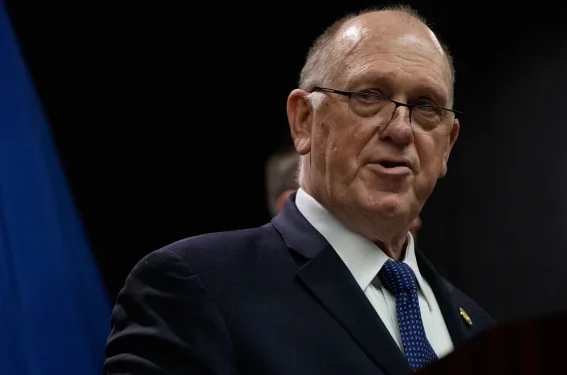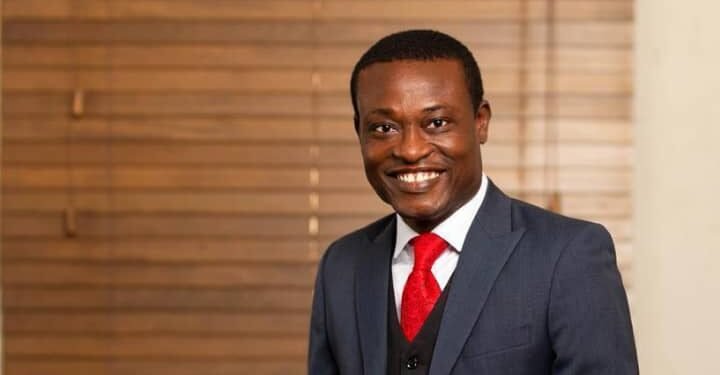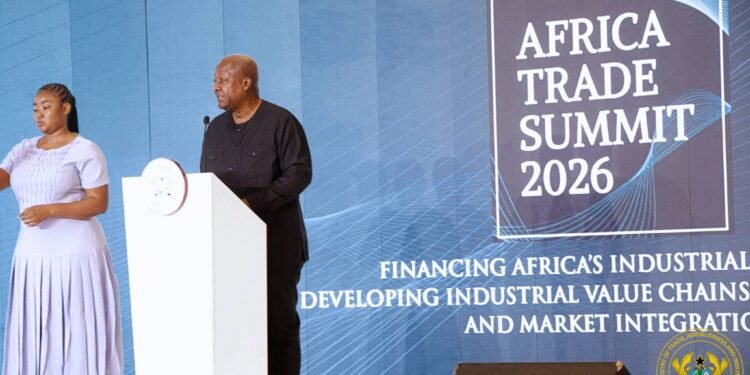David Lammy has been appointed Deputy Prime Minister in a significant Cabinet reshuffle announced by Prime Minister Keir Starmer, marking the most dramatic shift in the government since Labour took office in 2024. Lammy will also assume the position of Justice Secretary, consolidating his influence at the heart of the administration.
The changes come as part of a broader reshuffle following the resignation of Angela Rayner, who stepped down after the prime minister’s ethics adviser Sir Laurie Magnus found she had breached the ministerial code over unpaid stamp duty on her £800,000 flat in Hove, East Sussex.
Alongside Lammy’s promotion, Yvette Cooper is moving from the Home Office to become Foreign Secretary, with Shabana Mahmood replacing her as Home Secretary. Lucy Powell, leader of the House of Commons, and Ian Murray, Scottish Secretary, have both been dismissed from their roles.
Lammy’s rise is the culmination of a career built on public service and resilience. Born in 1972, he became the youngest MP in the House of Commons when he entered Parliament for Tottenham in 2000 at just 27. His academic achievements include becoming the first black Briton to study at Harvard Law School, laying the foundations for his legal and political career.
Under the Labour governments of Tony Blair and Gordon Brown, Lammy held junior ministerial posts in health, constitutional affairs, culture, innovation, and higher education. After Labour’s defeat in 2010, he declined to join Ed Miliband’s Shadow Cabinet, opting instead to focus on social campaigns from the backbenches.
Lammy re-emerged as a central figure under Keir Starmer, serving as Shadow Justice Secretary and then Shadow Foreign Secretary. Following Labour’s 2024 general election victory, he became Foreign Secretary. His appointment now as Deputy Prime Minister and Justice Secretary underscores his position as one of the most influential figures in the Labour Party.

The reshuffle, however, was triggered by Rayner’s departure. Sir Laurie Magnus concluded that she had breached the ministerial code in her handling of tax matters, though he also stated she had “acted with integrity and with a dedicated and exemplary commitment to public service.”
Rayner’s resignation leaves a political void for Starmer, who had stood firmly by her until the ethics investigation concluded. Her exit forced a rebalancing of power within the Cabinet, allowing the prime minister to reposition his government for the challenges ahead.
Mahmood Seen As Tough On Immigration
One of the most closely watched moves is Shabana Mahmood’s appointment as Home Secretary, a role considered critical given the government’s pledge to tackle illegal immigration and asylum.

Some in Downing Street felt that Yvette Cooper, though committed to the issue, had not made sufficient progress. Mahmood is regarded by many Labour MPs as a firm voice on law and order. As rumours of her promotion circulated, one MP remarked that it was the “only way we win the next election on law and order.”
Mahmood herself has long argued that Labour must speak more confidently on immigration. In 2023, she said the party needed to get over its “queasiness” about the subject: “I’ve always said we’ve all got to be more comfortable talking about immigration.”
“In the commentariat, among very politically engaged people, there’s a sort of assumption about who is motivated by immigration as an electoral issue. My constituency experience is that, actually, that’s not got very much to do with race. I represent a very diverse constituency that’s 70% non-white, and immigration comes up as an issue that my voters who are black or Asian and from other ethnic minorities want to talk about.”
Shabana Mahmood
The Cabinet reshuffle, headlined by Lammy’s appointment, signals a new political phase for Starmer’s government. With seasoned figures now placed in critical posts, the prime minister is reshaping his leadership team as he navigates internal pressures and prepares for electoral battles ahead.
READ ALSO: Crude Oil Prices Continue to Drop, Ending Week in Loss






















